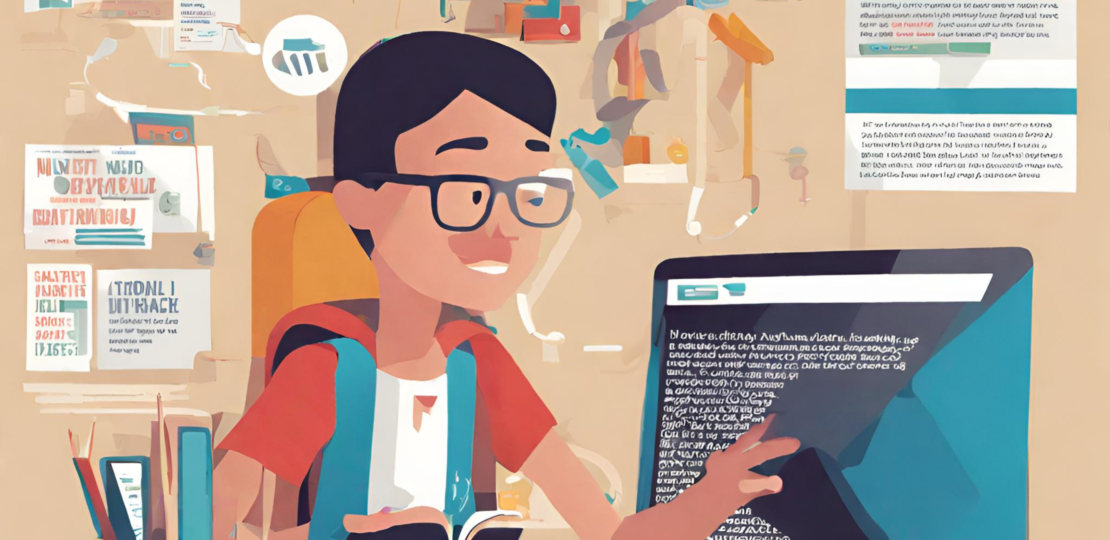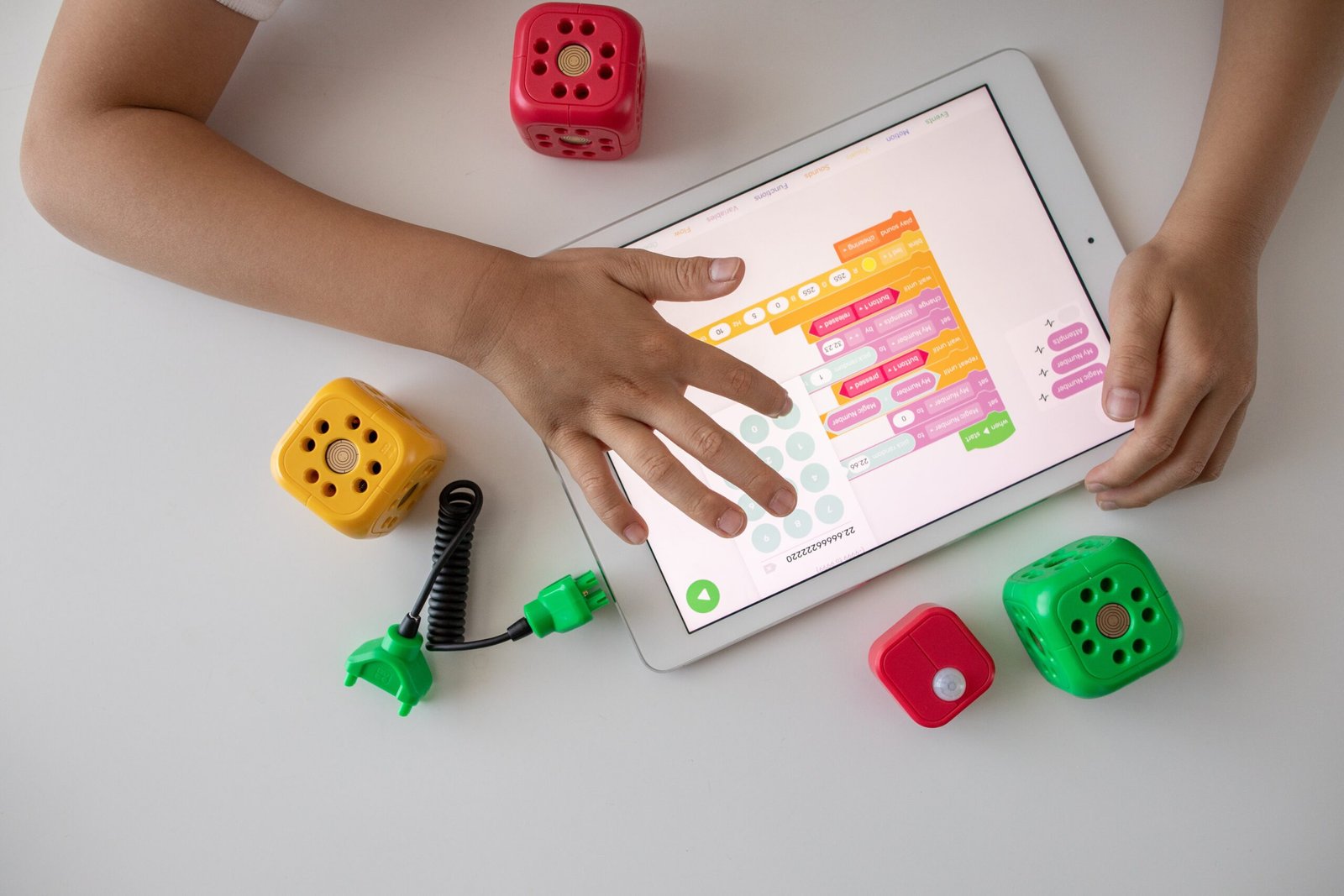Digital Literacy in Education: Navigating the Information Age
January 13, 2024 | by fakta-unik.com

In today’s fast-paced and interconnected world, digital literacy has become an essential skill for students of all ages. With the rapid advancement of technology and the abundance of information available at our fingertips, it is crucial for educators to equip their students with the necessary tools to navigate the digital landscape effectively.
The Importance of Digital Literacy
Digital literacy goes beyond simply knowing how to use a computer or operate a smartphone. It encompasses a range of skills, including the ability to find, evaluate, and use information from various digital sources. In an era where fake news and misinformation are prevalent, digital literacy helps students develop critical thinking skills and become discerning consumers of information.
Moreover, digital literacy prepares students for the future workforce. As technology continues to evolve, employers are increasingly seeking candidates who are proficient in digital tools and can adapt to new technologies. By fostering digital literacy in the classroom, educators are equipping students with the skills they need to succeed in the 21st-century job market.
Integrating Digital Literacy into the Curriculum
Integrating digital literacy into the curriculum is not just about teaching students how to use technology; it’s about empowering them to become active participants in the digital world. Here are some strategies educators can use to promote :
- Teach Information Literacy: Help students develop the skills to evaluate the credibility and reliability of online sources. Teach them how to discern fact from opinion and identify bias in the information they encounter.
- Encourage Digital Citizenship: Educate students about responsible online behavior, including how to protect their privacy, engage in respectful online discussions, and understand the consequences of their digital footprint.
- Emphasize Media Literacy: Teach students how to analyze and interpret media messages critically. Help them understand the techniques used in advertising and media to influence opinions and shape narratives.
- Promote Creativity and Digital Creation: Encourage students to use digital tools to create and share their own content. This could include creating videos, podcasts, blogs, or websites. By engaging in digital creation, students develop valuable skills such as communication, collaboration, and problem-solving.
- Provide Opportunities for Collaboration: Foster collaboration among students by incorporating digital tools that allow for group work and online discussions.
The Role of Teachers
Teachers play a crucial role in developing students’ skills. They are not only facilitators of knowledge but also guides who help students navigate the digital landscape safely and responsibly. Here are some ways teachers can support digital literacy:
- Model Digital Literacy: Teachers should demonstrate good digital practices by using technology effectively and responsibly in their teaching. This includes citing sources, respecting copyright, and using technology for educational purposes.
- Provide Guidance and Support: Teachers should be available to answer students’ questions and provide guidance on how to find reliable information, use digital tools, and navigate the digital world safely.
- Stay Informed: As technology continues to evolve, it is essential for teachers to stay up to date with the latest digital tools and trends. This allows them to provide relevant and meaningful learning experiences for their students.
- Collaborate with Colleagues: Teachers can collaborate with their colleagues to share best practices and resources for integrating digital literacy into the curriculum. By working together, educators can create a supportive and innovative learning environment.
Conclusion
Digital literacy is not just a skill; it is a mindset. By developing skills in students, educators are preparing them to thrive in the information age. Digital literacy empowers students to be critical thinkers, responsible digital citizens, and active contributors to the digital world. Through intentional integration into the curriculum and the guidance of dedicated teachers, students can navigate the vast sea of information with confidence and make informed decisions.
RELATED POSTS
View all

